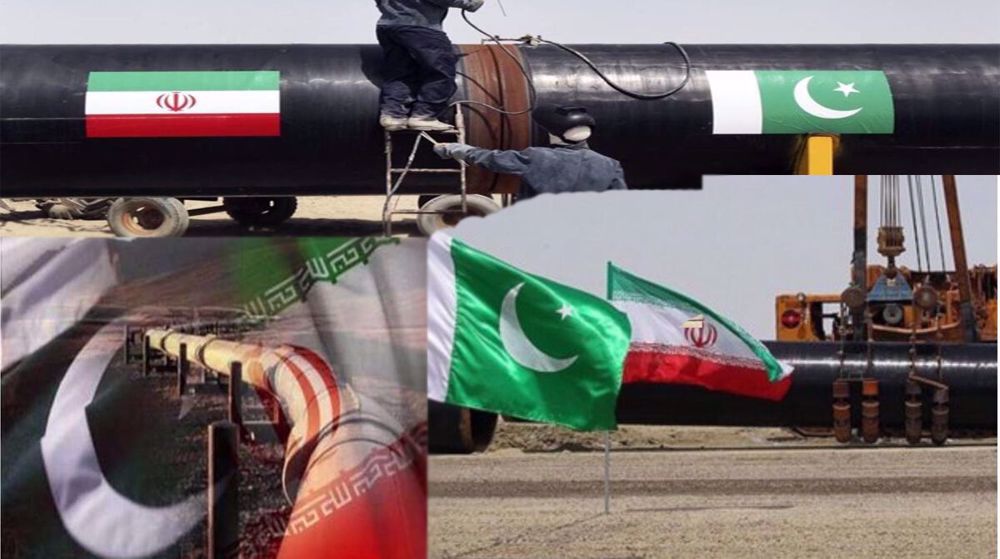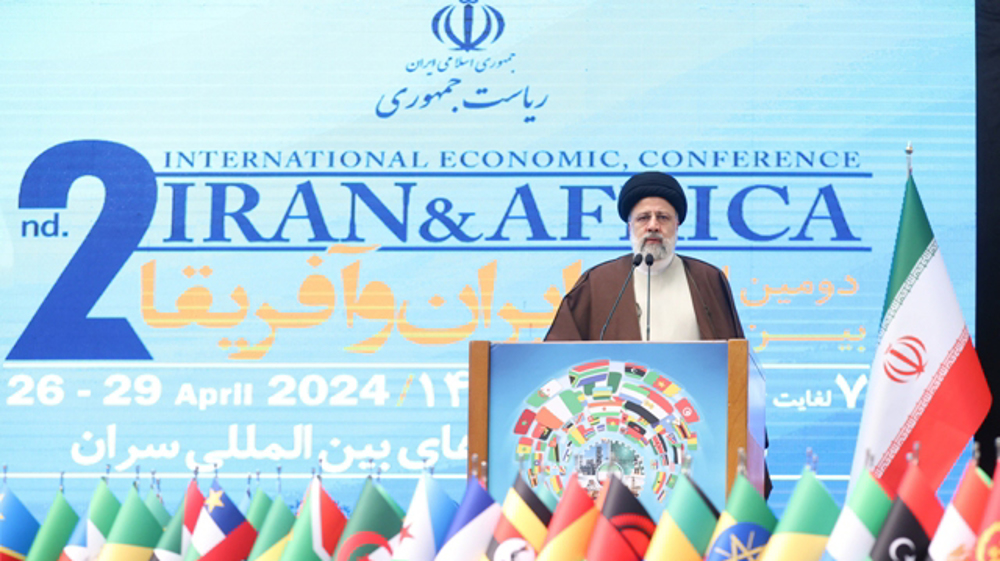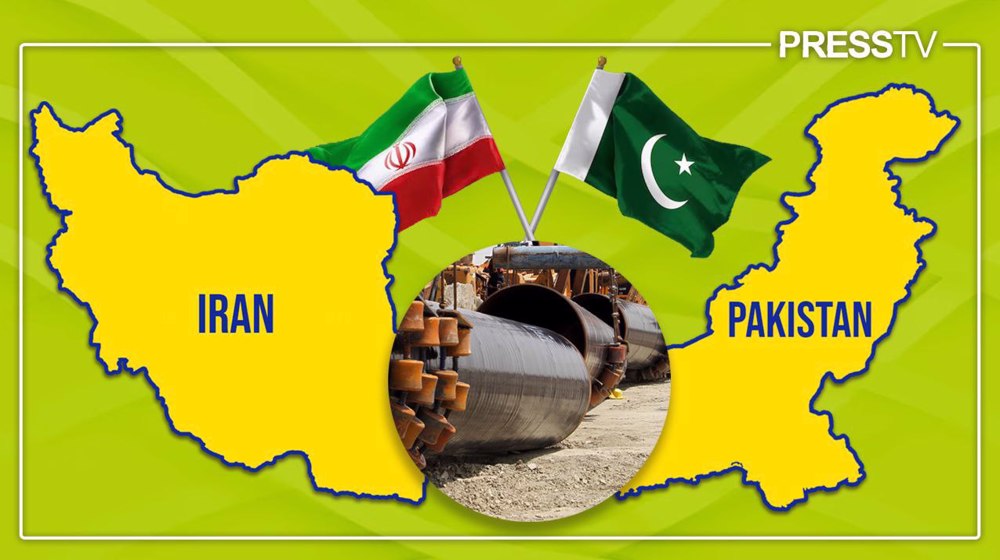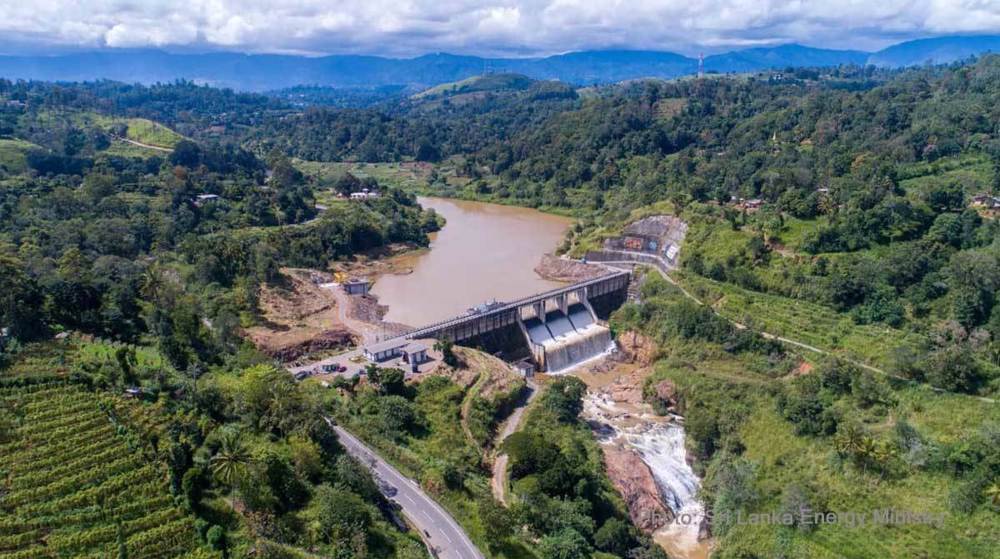Pakistan’s moment of truth on Iran gas pipeline
Pakistan’s Cabinet Committee on Energy has approved initiating construction on the first phase of a pipeline project to carry Iranian gas to the country, allowing work to begin from the Iranian border to Gwadar in Balochistan province.
Islamabad faces a deadline of March this year to conclude negotiations on completing its part of the project and fulfill its obligations by September or settle for legal action of $18 billion in penalty to Iran.
Iran says it has already completed its side of the pipeline and invested $2 billion in the project, awaiting Pakistan to make good on its commitment.
According to state-run Associated Press of Pakistan, the private company Inter State Gas Systems will carry out the project, which is expected to cost $158 million to be funded by the Gas Infrastructure Development Cess (GIDC).
The Iran-Pakistan gas pipeline project began in 2013, but several deadlines have already been missed, with Islamabad citing the threat of US economic sanctions.
Pakistani authorities say they are engaged in talks with US officials to plea for an exemption from sanctions for the project.
There are unconfirmed reports that Pakistan has approached the US for a waiver, but Washington has refused to give any concession. As a result, Pakistan has asked Iran to extend the March deadline in view of the current situation.
Former presidents Asif Ali Zardari and Mahmoud Ahmadinejad inaugurated the project near Iran’s Chabahar port in March 2013, signaling the start of the $7.5 billion venture. However, Pakistan did not start work on its part due to US sanctions on Iran.
Tehran then initiated a series of efforts to complete the pipeline outside the scope of US sanctions, emphasizing the project’s importance for their national interests.
Iran even accepted to provide Pakistan with $500 million out of the $1.5 billion required for the project, but the Pakistani side rejected it arguing that the price set for gas was too high.
Despite repeated assurances from successive Pakistani governments that the project is still on the table, the gas pipeline has remained on the drawing board, with the main opposition to the project coming from foreign actors.
This has given rise to the assumption that the different governments of Islamabad have never shown a serious will in the past 10 years to implement and complete the project.
When the issue was brought up at the Pakistani senate committee last September, state officials told senators that trade and foreign concerns were preventing the completion of the project.
The mentioned foreign countries are the United States and to some extent Saudi Arabia, who are skeptical about the deepening of Pakistan's economic relations with Iran from a geopolitical point of view.
While commercial concerns such as gas prices and project financing can be bilaterally negotiated with Iran and sorted out, Pakistan has to be assertive about its national interests in explaining its case to the opponents of the project.
A good case in point is Turkey which imports gas from Iran under an agreement signed in 1996 for up to 10 billion cubic meters per year. The project began operation in 2001 when the Islamic Republic was also under US sanctions of some sort.
The seriousness signaled by Pakistan to begin building the gas pipeline is more than welcome, especially after the recent elections where former Prime Minister Shehbaz Sharif is on course for the next premier to lead a new coalition alliance.
Whenever the next elected government takes over, it should deal with the issue with transparency and put the national interest first. There is little dispute that Pakistan needs gas at reasonable prices for its homes and industries.
The fact that a fragile economy cannot withstand debilitating sanctions is understandable, but the new Pakistani leaders’ compass should be a sound legal approach to convey through diplomatic channels to the US that Islamabad must honor its commitment to Iran.
Moreover, the country can use alternative currencies to finance the project just as it used the yuan to buy Russian oil in the face of US sanctions.
This is because the stakes are high and the likelihood of geopolitical turmoil increasing in the region is beyond doubt.
It is likely that developing countries such as Pakistan will be directly and indirectly asked to stand on one side of this brewing conflict. Pakistan has to make its mind once and for all whether it is to abandon this plan and others supported by China if the US asks it to do so.
The new Pakistani leaders should put their feet down and say that their country needs energy at better prices in the first place and second, it cannot afford to pay an exorbitant fine just to satisfy the whims of outsiders.
Portugal rejects paying reparations for colonial-era atrocities
Dozens of Hezbollah rockets hit Israeli regime's Meron Air Base
VIDEO | Large march for Gaza held in Vienna
VIDEO | Thousands call on UK Govt to stop arming Israel
‘Stop the war,’ anti-regime protesters chant in Tel Aviv
VIDEO | 6th Intl. Export Potential Exhibition held in Iran
Israeli plane previously used by Mossad officials lands in Riyadh: Report
US police clear another pro-Palestinian encampment










 This makes it easy to access the Press TV website
This makes it easy to access the Press TV website